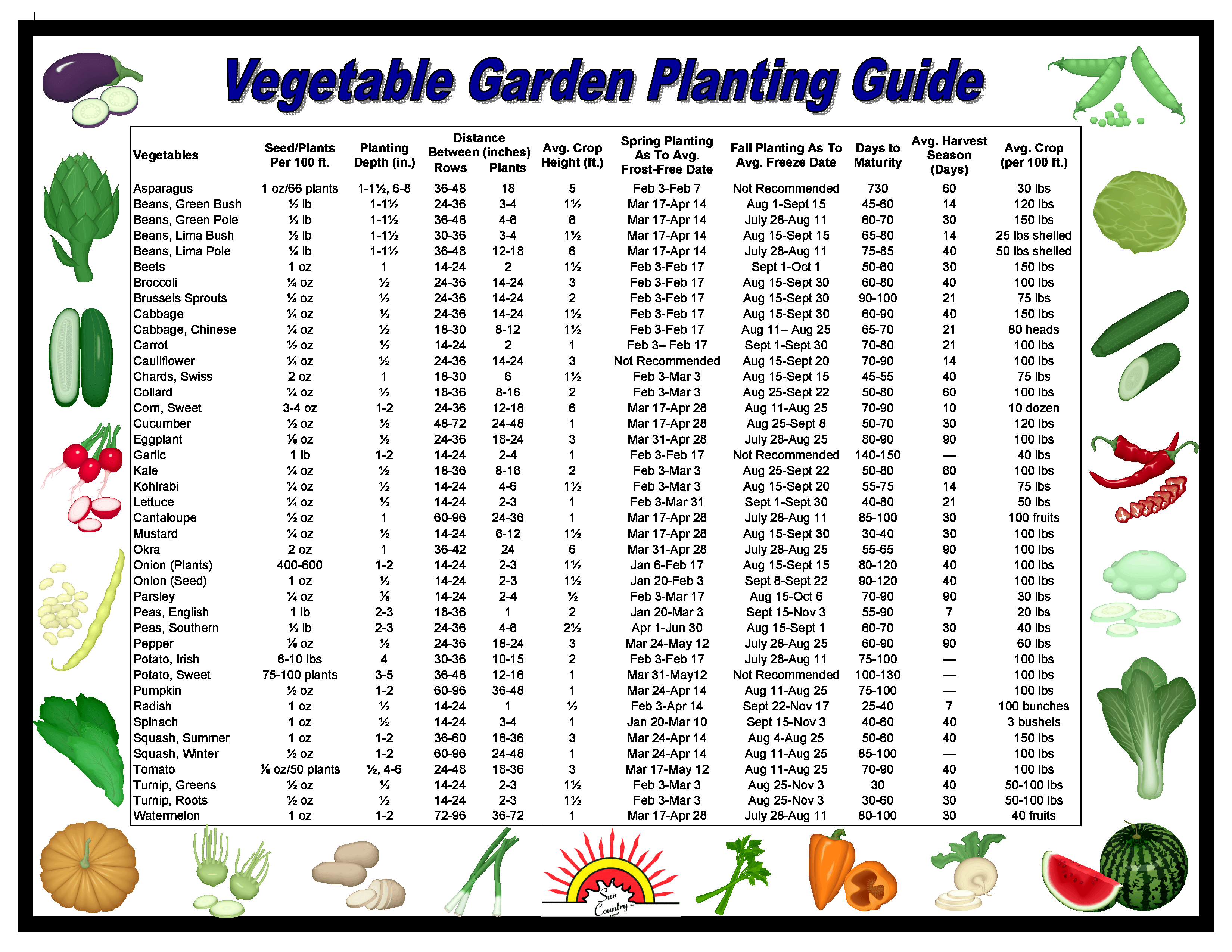June Gardening in Zone 7: A Bountiful Vegetable Harvest
Is your Zone 7 garden ready for a summer explosion of flavor? June is a pivotal month for planting, offering a window of opportunity to cultivate a variety of delicious vegetables. From leafy greens to vibrant root crops, let's explore the possibilities for maximizing your garden's potential.
Imagine stepping into your backyard and harvesting a basket overflowing with fresh produce. With careful planning and the right selection of vegetables, this dream can become a reality. June in Zone 7 provides the ideal conditions for many warm-season crops to flourish, offering a chance to savor the taste of homegrown goodness.
Historically, gardeners have relied on seasonal planting guides to ensure a successful harvest. Understanding the specific needs of different vegetables, coupled with knowledge of local climate conditions, has been essential for generations. Today, this wisdom continues to guide us in making informed choices about what to plant in our gardens.
One of the main considerations for June planting in Zone 7 is the heat. Choosing heat-tolerant varieties is crucial for preventing bolting and ensuring a healthy yield. Proper watering techniques and soil preparation are also essential factors for navigating the warmer summer months.
Planting vegetables in June provides an opportunity to extend the growing season and enjoy fresh produce well into the fall. By selecting the right combination of quick-maturing and long-season crops, you can create a continuous harvest that keeps your kitchen stocked with delicious, homegrown vegetables.
Many vegetables thrive when sown directly into the ground in June. Bush beans, cucumbers, squash, and melons are excellent choices for direct sowing. These warm-season crops germinate quickly in the warm soil and establish strong root systems.
Transplanting seedlings started indoors is another option for June planting. Tomatoes, peppers, and eggplant are typically started indoors and transplanted into the garden once the soil has warmed up. This gives these vegetables a head start and ensures a bountiful harvest.
Benefits of June planting include an extended harvest season, the opportunity to grow a diverse range of vegetables, and the satisfaction of enjoying fresh, homegrown produce. Imagine the vibrant colors and flavors of a salad made with freshly picked lettuce, tomatoes, and cucumbers from your own backyard.
To create a successful June garden, start by preparing the soil. Amend with compost or other organic matter to improve drainage and fertility. Next, select your desired vegetables, ensuring they are suitable for Zone 7. Follow recommended spacing guidelines and water consistently.
Checklist for June Planting in Zone 7:
Prepare the soil. Choose suitable vegetables. Plant seeds or seedlings. Water consistently. Monitor for pests and diseases.
Advantages and Disadvantages of June Planting
| Advantages | Disadvantages |
|---|---|
| Extended harvest season | Potential for heat stress on plants |
| Wide variety of vegetables can be planted | Increased need for watering |
| Enjoy fresh, homegrown produce | Pest and disease pressure can be higher |
Best Practices for June Planting:
1. Choose heat-tolerant varieties.
2. Water deeply and regularly.
3. Mulch around plants to retain moisture.
4. Monitor for pests and diseases.
5. Provide support for vining crops.
Examples of Vegetables to Plant in June in Zone 7:
1. Tomatoes
2. Peppers
3. Cucumbers
4. Squash
5. Beans
Challenges and Solutions:
1. Heat Stress - Solution: Provide shade during the hottest part of the day.
2. Pests - Solution: Use organic pest control methods.
3. Diseases - Solution: Practice crop rotation and proper spacing.
4. Watering - Solution: Use a soaker hose or drip irrigation.
5. Weeds - Solution: Mulch around plants to suppress weed growth.
FAQ:
1. What vegetables can I plant in June in Zone 7? Answer: Many warm-season vegetables like tomatoes, peppers, beans, squash, and cucumbers.
2. When should I start seeds indoors? Answer: Start seeds indoors 6-8 weeks before the last expected frost.
3. How often should I water my garden? Answer: Water deeply and regularly, especially during hot weather.
4. How do I prevent pests and diseases? Answer: Practice crop rotation, proper spacing, and use organic pest control methods.
5. When can I harvest my vegetables? Answer: Harvest times vary depending on the vegetable.
6. Can I plant lettuce in June? Answer: Yes, choose heat-tolerant varieties and provide some shade.
7. Should I fertilize my vegetables? Answer: Yes, use a balanced fertilizer according to package directions.
8. How do I know when my tomatoes are ripe? Answer: They should be firm and have a deep red color.
Tips and Tricks:
Plant herbs near vegetables to attract beneficial insects. Use companion planting to deter pests. Harvest vegetables in the morning for the best flavor.
June planting in Zone 7 offers a rewarding experience for gardeners of all levels. By understanding the specific needs of warm-season vegetables and implementing best practices, you can cultivate a thriving garden and enjoy a bountiful harvest. From the vibrant colors of ripe tomatoes to the crisp freshness of cucumbers, the flavors of summer await. Embrace the opportunity to grow your own food, savor the taste of homegrown goodness, and connect with the natural rhythms of the season. Start planning your June garden today and embark on a journey of delicious discovery. The rewards of fresh, healthy vegetables, picked straight from your backyard, are worth the effort. So, grab your gardening tools, choose your favorite vegetables, and get ready to enjoy the fruits (and vegetables!) of your labor. Happy gardening!
Unlocking sinhala converting sinhala fonts to editable text
Unleash the power where to find trident minecrafts coveted weapon
Draft day deciders choosing your fantasy football order with flair














